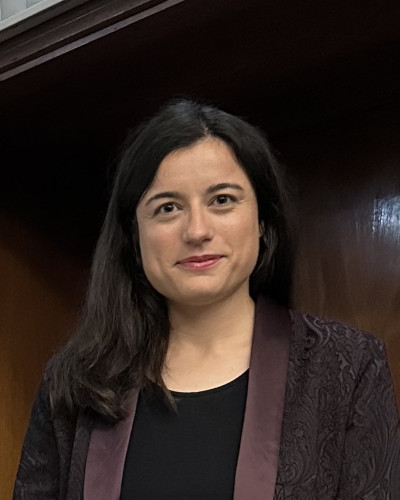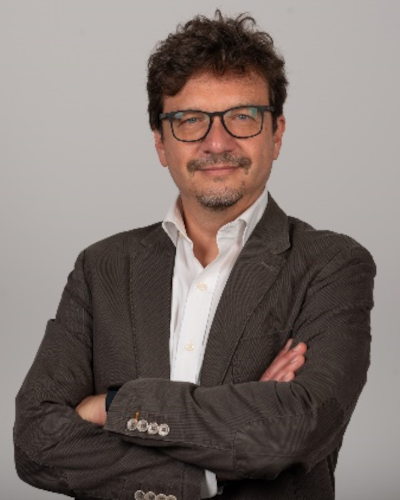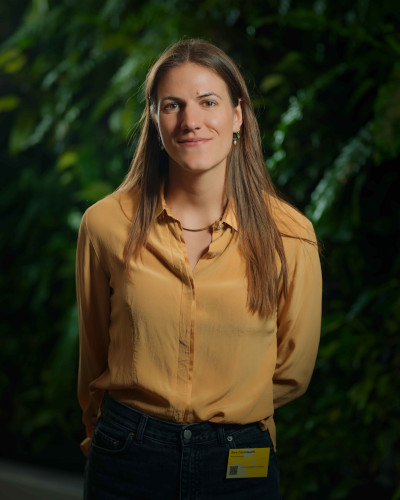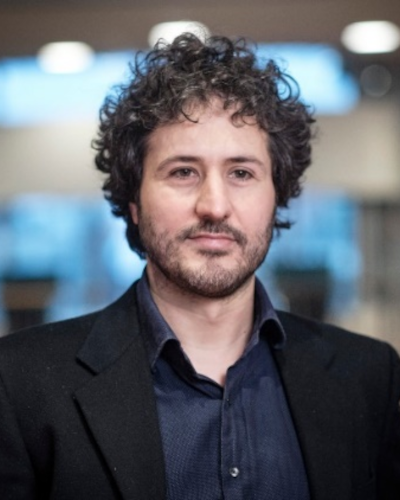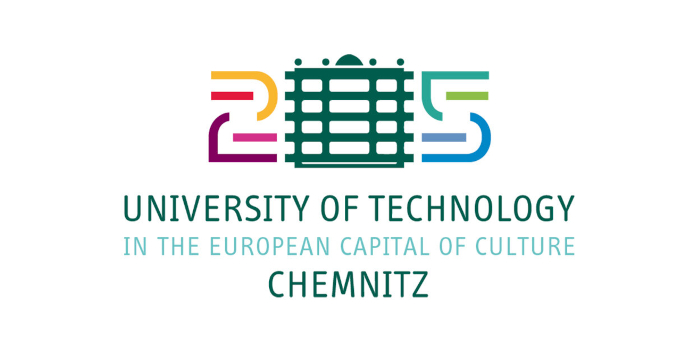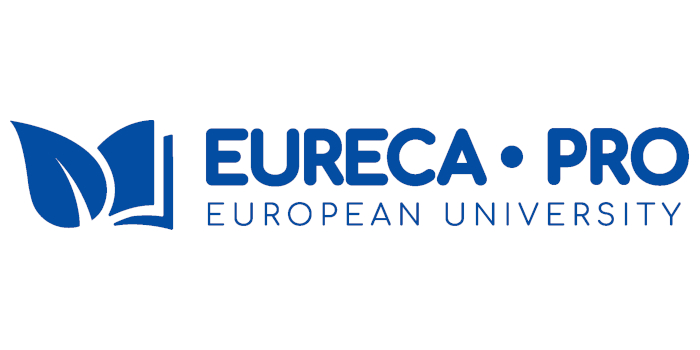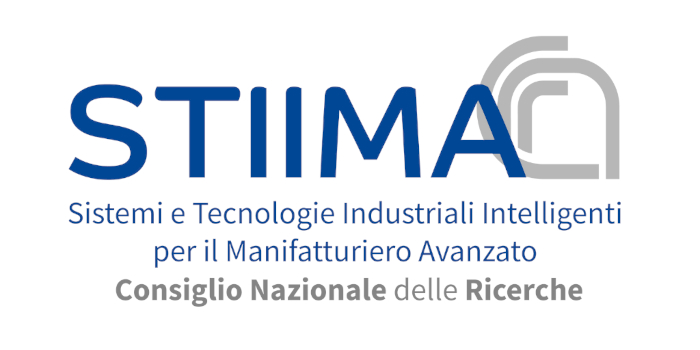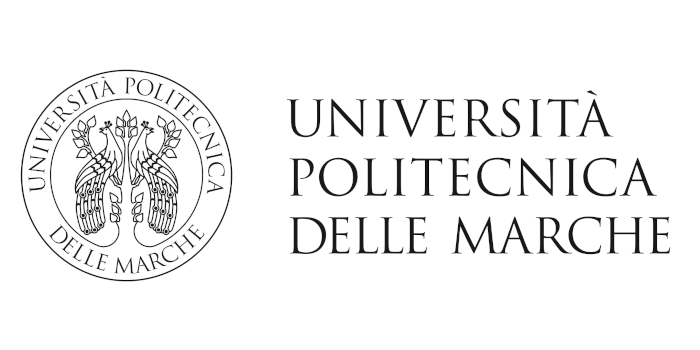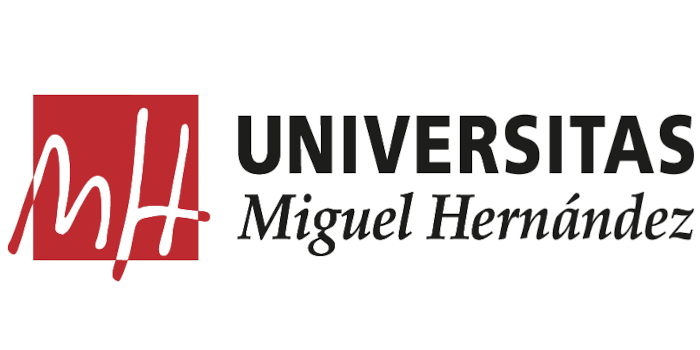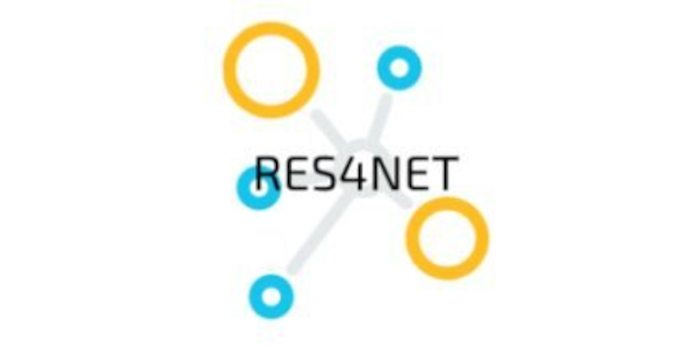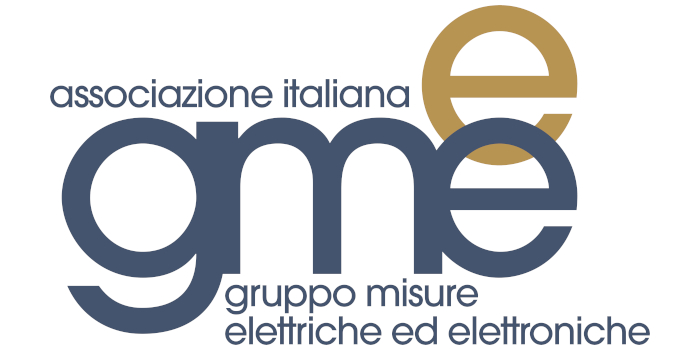THEMATIC SESSION #15
Measurements in wearable devices for personal monitoring
ORGANIZED BY
Alessandra Angelucci
Polytechnic University of Milan, Italy
Andrea Aliverti
Polytechnic University of Milan, Italy
Sara Caramaschi
Malmö University
Dario Salvi
Malmö University
THEMATIC SESSION DESCRIPTION
This thematic session aims to bring together researchers, engineers, and clinicians working across the full development and validation pipeline of wearable technologies, from sensing hardware to data-driven applications.
The session will focus on recent advances in hardware design, including novel sensors, low-power architectures, flexible and textile-based electronics, and multimodal sensing solutions. Contributions addressing firmware development are encouraged, with particular attention to embedded signal acquisition, real-time processing, energy optimization, data synchronization, and edge computing strategies. On the software side, the session welcomes works on signal processing algorithms, data fusion, machine learning and artificial intelligence methods, cloud-based infrastructures, and secure data management.
The session also focuses on mobile and web applications that enable user interaction, data visualization, feedback, and personalization, as well as integration with existing digital health ecosystems. Finally, the session also aims to highlight validation and benchmarking studies, including laboratory and free-living assessments, clinical validation, comparison with gold standards, and methodological challenges in measuring physiological signals (e.g., heart rate, respiration, skin temperature), movement and posture, and environmental parameters (e.g., air quality, noise, temperature).
ABOUT THE ORGANIZERS
Alessandra Angelucci, was born in Milan in 1995. She received the M.Sc. degree in biomedical engineering and the Ph.D. degree in bioengineering from Politecnico di Milano, Milan, Italy, in 2019 and 2022, respectively. She is currently an Assistant Professor of Bioengineering at Politecnico di Milano (Milan, Italy). Her main research interests are biomedical instrumentation with a focus on wearable technology for physiological, environmental and activity monitoring, design and integration of telemedicine platforms, and digital health solutions. She is author of 32 papers in international peer-reviewed journals, 18 international conference papers, 11 international conference abstracts, 2 book chapters, 3 patent applications and 1 industrial design application.
Andrea Aliverti, was born in Como in 1966. He received the M.Sc. degree in electronics engineering and the Ph.D. degree in bioengineering from Politecnico di Milano, Milan, Italy, in 1992 and 1997, respectively. He is currently a Full Professor at the Department of Electronics, Information and Bioengineering (DEIB), Politecnico di Milano, where from 2026 he is Head of the Bioengineering section. He is responsible of the Respiratory Analysis Lab (LARes) at the Biomedical Technology Laboratory (TBMLab). His actual main research interests include the bioengineering of the respiratory system, physiological measurements, biomedical instrumentation, functional lung imaging, respiratory mechanics, wearable sensors and technologies for digital health, artificial intelligence applied to physiological data, signals, and images. He is author of more than 350 papers, editor of 5 books and inventor in 15 patents. Prof. Aliverti is an active member of IEEE. He acts as the Conference general chair of the IEEE-STAR (Sport, Technology and Research) International Conf. (from 2023) and program chair of icSPORTS 2023 – International Conference on Sport Sciences Research and Technology Support. Since 2020, he is Honorary Fellow of the European Respiratory Society (FERS). He was awarded of the ERS COPD Award in 2004, the Vertex Innovation Award (VIA) in 2018, and the Andrew P. Sage Award, IEEE Transactions on Human-Machine Systems in 2021.
Sara Caramaschi, was born in Mantova, Italy, in 1998. She obtained her B.Sc and M.Sc. degrees in biomedical engineering from Politecnico di Milano, Milan, Italy, in 2020 and 2022, respectively. In these years, she gained international experience at Oulu University in Finland (Erasmus) and in the Netherlands, where she completed an internship at Philips Research, developing her master's thesis on human activity recognition algorithms. She is currently a PhD candidate at Malmö University (Malmö, Sweden) in Computer Science. Her main research interests focus on monitoring health and physical mobility using digital health technologies and unsupervised methods. She is author of 2 articles in international peer-reviewed journals, 7 international conference papers, and an inventor in one patent application.
Dario Salvi, was born in Italy in 1978. He received the M.Sc. degree in telecommunication engineering from Università Federico II, Naples, and the Ph.D. degree in biomedical engineering from Universidad Politécnica de Madrid, Spain, in 2004 and 2014, respectively. He is currently an Associate Professor (Docent) at the Department of Computer Science and Media Technology (DVMT) at Malmö University, Malmö, Sweden. His main research interests are within software engineering applied to health and assisted living, from design and requirements elicitation, to development, data analysis and validation. He is author of about 65 scientific papers in proceedings and journals within the area of biomedical engineering and medical informatics and has been actively organizing workshops and conferences in the areas of pervasive and IoT systems, from wearables to applications within healthcare and wellbeing. The research projects he has worked in involve multidisciplinary collaborations in several countries in Europe and beyond. Two projects have been recently awarded by the Royal Swedish Academy of Engineering Sciences (IVA) 100 List.

